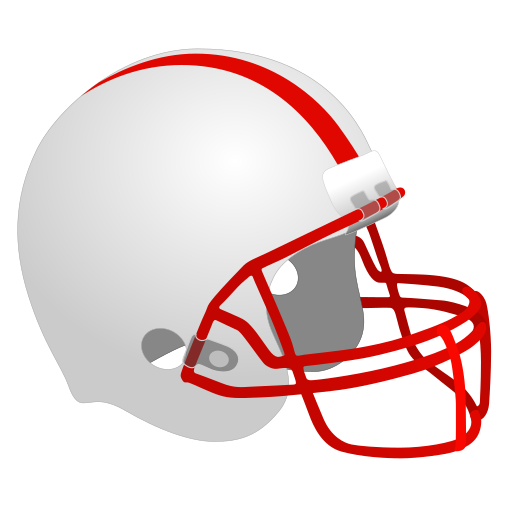Beyond the Bison: Is twelve too early to tackle?
September 21, 2017

Children who participate in tackle football before the age of 12 are more likely to experience cognitive and behavioral problems than those who start after, according to a study published by Boston University’s Chronic Traumatic Encephalopathy Center on Sept. 19. These findings are likely to contribute to the debate surrounding which age, if any, is appropriate for children to be subject to the repeated forceful impact to heads associated with the sport.
The study found that children who began playing tackle football before the age of 12 had worse memory and mental flexibility than those who waited. Early participants experienced a twofold risk of developing behavioral problems and a threefold risk of displaying symptoms of depression later in life.
The study featured 241 former football players — 43 who played through high school, 103 through college, and 68 former NFL players. The participants, all of whom volunteered for the study, participated in online and phone interviews. The study is believed to be the first to show an association between early participation in tackle football and long-term brain damage for players who didn’t play in the NFL.
Robert Stern, a professor of neurology, neurosurgery, anatomy, and neurobiology at Boston University and one of the study’s senior officers, emphasizes the extreme fragility of the brain before age 12. During this time period, players experience a median of 252 head impacts per season, according to a separate survey. Repeated hits to the head during this time, even if they do not result in a concussion, are still believed to have permanent effects on subsequent brain development.
“The brain is going through this incredible time of growth between the years of 10 and 12, and if you subject that developing brain to repetitive head impacts, it may cause problems later in life.…Having them exposed to so much repetitive head impact during these critical periods, I just don’t understand how we can keep doing that,” Stern said.
This study adds to the growing body of findings that link prolonged participation in contact sports, like football, to reduced brain function. In July, neuropathologist Dr. Ann McKee examined the brains of 202 deceased football players, 111 of whom played in the NFL at a variety of positions. Alarmingly, all but one of the brains were found to have chronic traumatic encephalopathy (CTE), a degenerative disease that causes memory loss, depression, and dementia and is believed to be the result of repeated impacts to the head.
Participation in tackle football has taken a hit of its own in recent years. A national survey by the UMass Lowell Center for Public Opinion found that 53 percent of adults believe that playing isn’t safe until high school. Participation by boys ages 6 to 12 has dropped 20 percent since 2009. Meanwhile, participation in flag football, commonly viewed as a safer alternative, rose 8.7 percent between the 2015-16 season compared to 1.9 percent for tackle football.
Continued public concern has driven tackle football organizations, at a variety of levels, to change practice and game regulations for the safety of players. Youth football leagues have taken extensive measures to reduce or eliminate head contact in practices and ban open-field, direct-head hits. Higher-level teams, including the Ivy League and the Canadian Football League, have taken measures including eliminating tackling and full contact practices during the regular season.
These findings have not come without pushback. The NFL, which has long denied any correlation between tackle football and brain damage, has adamantly publicized a 2016 study by the American Journal of Sports Medicine that found no correlation between playing before high school and neurological or behavioral problems.
While a definitive age that is safe for tackle football may be far from being determined, experts, parents, and players remain skeptical.
“…It’s just one more piece of the puzzle that, at least when it comes to youth football, has now gotten me over the edge to say, ‘You know, we shouldn’t be having our kids hitting their heads over and over and over while their brains are developing this way,” Stern said.




















